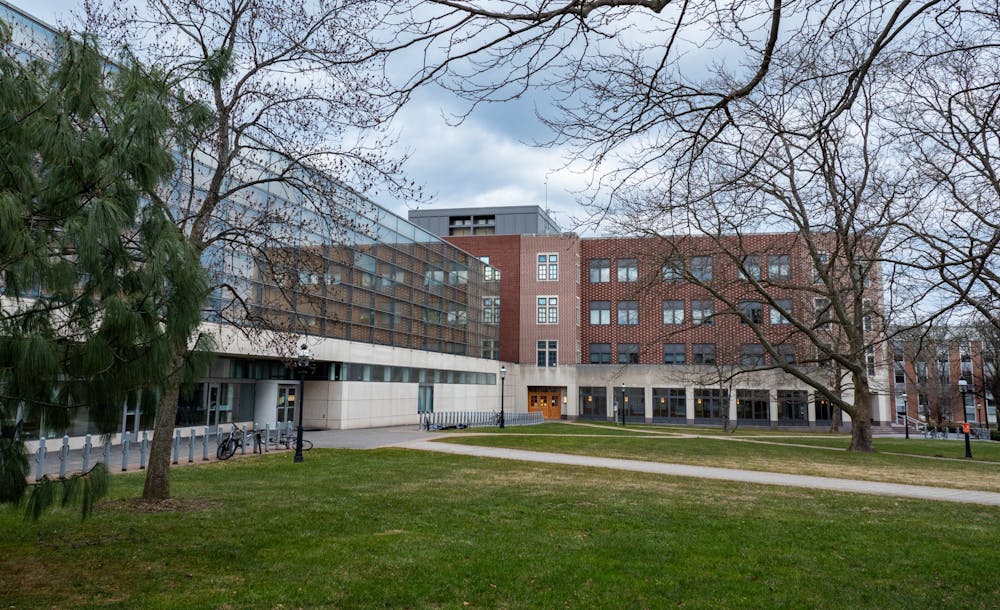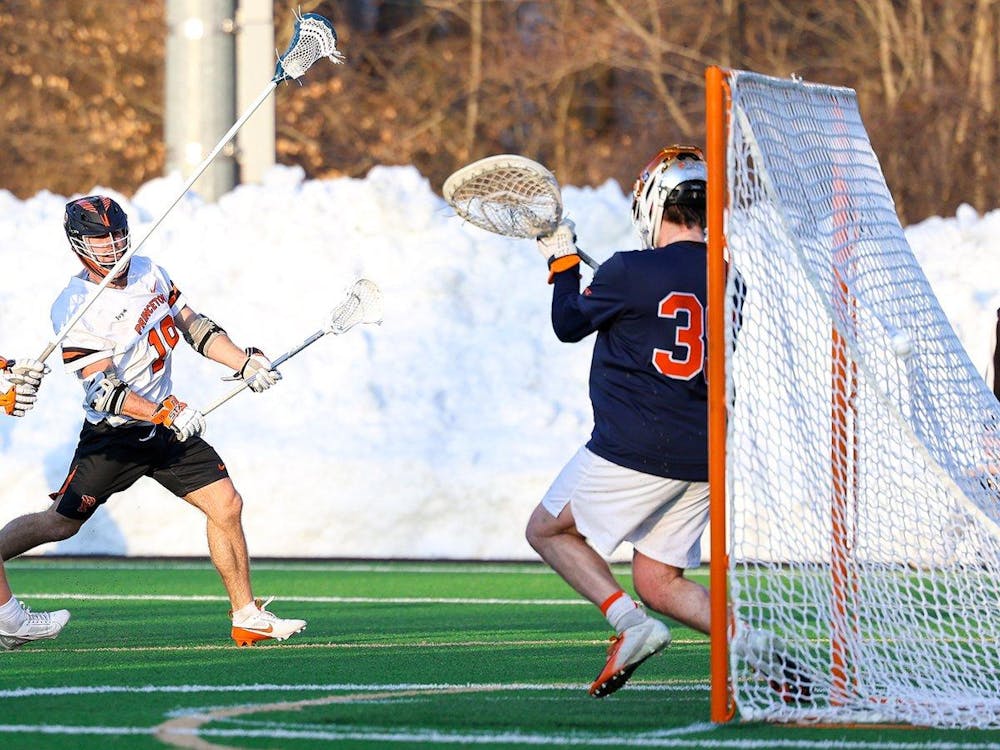When I asked my friends about how they felt returning to campus after a year of remote learning, I got a wide range of responses. Some said they were excited to be back and see friends and professors in-person again. Others, including me, were “apathetic” or “checked out.”
To overcome this apathy, we should focus on the people around us rather than the experiences we missed.
The apathy makes sense. The pandemic robbed us of many parts of a traditional Princeton experience: participating in orientation activities, meeting professors, watching performing arts groups, travelling with friends, holding leadership positions, and joining eating clubs. Of course, such events did occur online, but having only the virtual experience intensified the feeling of missing out. Because we missed out on these core experiences, it can feel like whatever we do from now on can’t make up for the experiences we missed. We will never have a proper Princeton experience.
However, it would be a mistake to allow these experiences (or the lack of them) to make or break our time at Princeton. If we think about Princeton in terms of specific experiences — the events or parties we’ve attended with friends, the popular classes we’ve taken, or the school- or club-sponsored trips we’ve been on — we run the risk of treating it like a bucket list. We focus on whether we’ve checked certain items off the list, which is often out of our control, rather than the value we get from being here.
Treating our time at Princeton this way distracts from the real value of being here: the people. I’ve found that my most meaningful moments have not happened during “essential” Princeton experiences, but rather during unplanned interactions — spontaneous conversations between classes, meals with friends, or chats with professors right after class. Remy Reya, writing about the challenges of remote learning, called these interactions peripheral community. With the return of in-person learning and activities this semester, the peripheral community is largely back, offering limitless opportunities to learn from each other and develop relationships that long outlast our time here.
Taking advantage of each others’ presence, especially now, might require breaking some conventions: Meet people and make new friends as a junior or senior; be open to joining new clubs and organizations; reconnect with people you’ve lost touch with since the pandemic.
It’s easy to feel apathetic or detached from campus because of the experiences we missed. However, instead of focusing on what we could next check off our bucket list, we should focus on something even more important: each other.
Allen Liu is a senior from Chattanooga, Tenn. He can be reached at afliu@princeton.edu.








